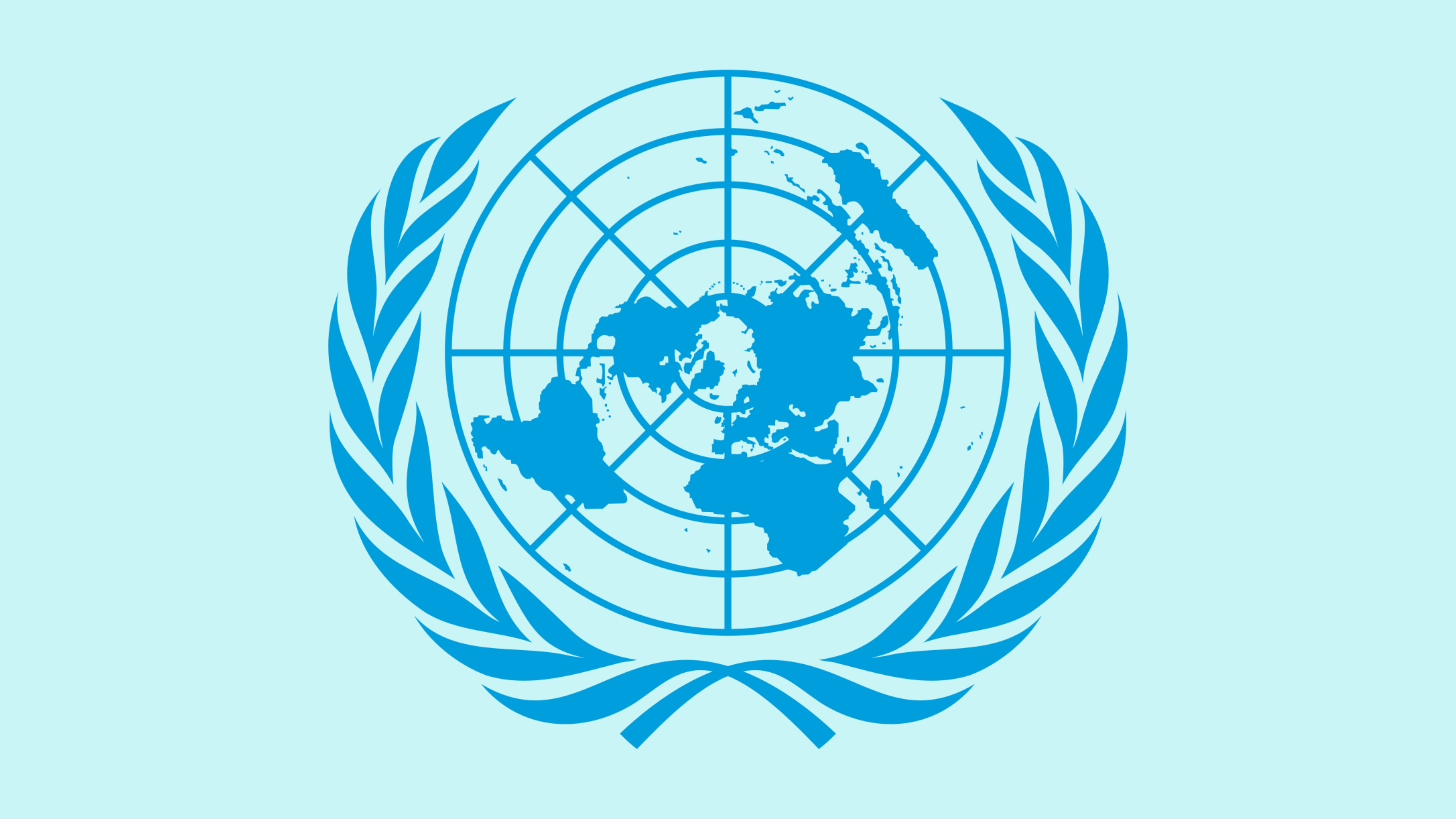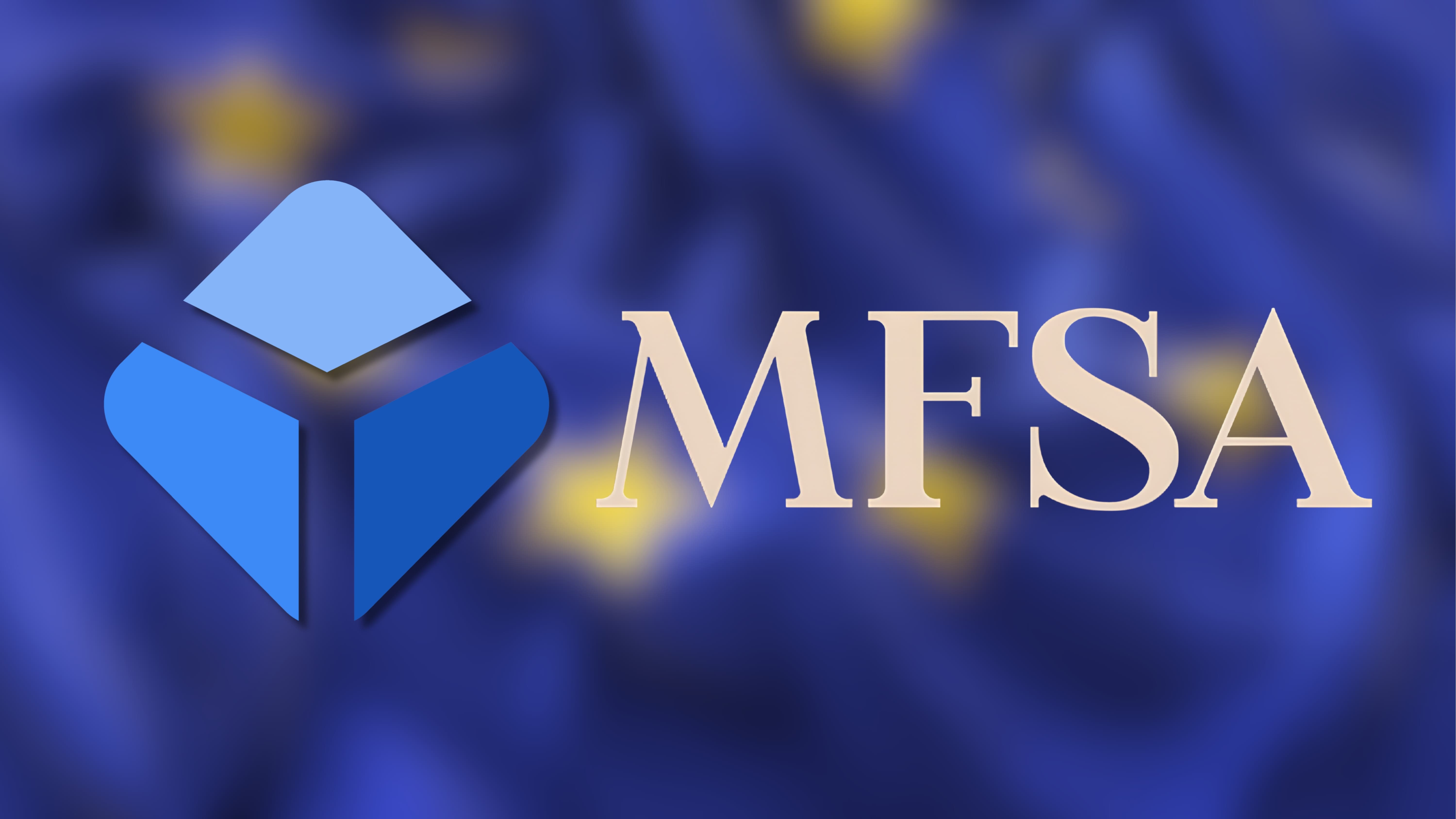AI could shorten the workweek, says Zoom’s Eric Yuan. At TechCrunch Disrupt, he pitched AI ‘digital twins’ that attend meetings, negotiate drafts, and triage email, arguing assistants will shoulder routine tasks so humans focus on judgement.
Yuan has already used an AI avatar on an investor call to show how a stand-in can speak on your behalf. He said Zoom will keep investing heavily in assistants that understand context, prioritise messages, and draft responses.
Use cases extend beyond meetings. Yuan described counterparts sending their digital twins to hash out deal terms before principals join to resolve open issues, saving hours of live negotiation and accelerating consensus across teams and time zones.
Zoom plans to infuse AI across its suite, including whiteboards and collaborative docs, so work moves even when people are offline. Yuan said assistants will surface what matters, propose actions, and help execute routine workflows securely.
If adoption scales, Yuan sees schedules changing. He floated a five-year goal where many knowledge workers shift to three or four days a week, with AI increasing throughput, reducing meeting load, and improving focus time across organisations.
Would you like to learn more about AI, tech and digital diplomacy? If so, ask our Diplo chatbot!










